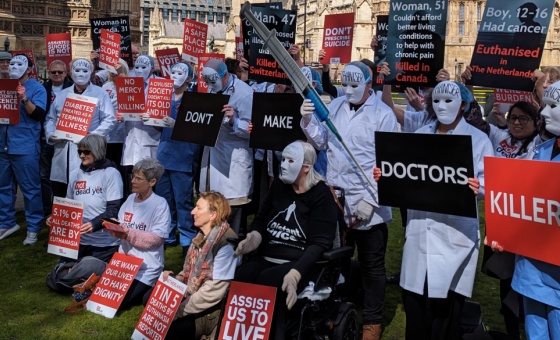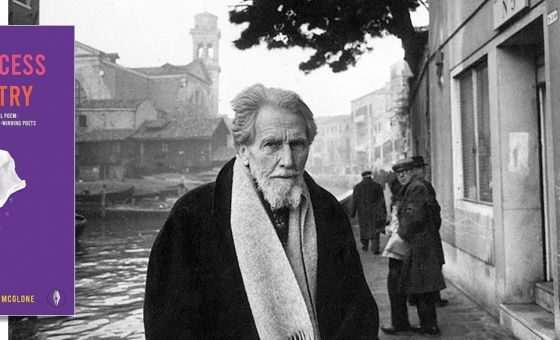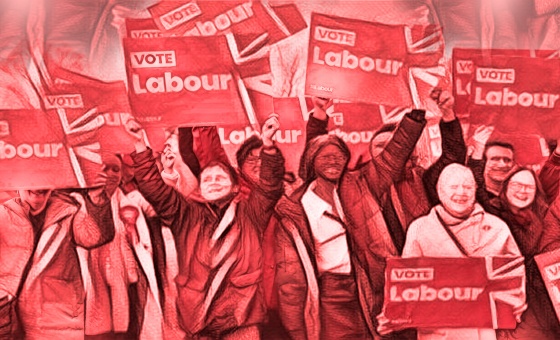This is the last article you can read this month
You can read more article this month
You can read more articles this month
Sorry your limit is up for this month
Reset on:
Please help support the Morning Star by subscribing here
THE Scottish Trades Union Congress takes place next week in Dundee under the slogan “Scotland’s Workers Demanding Better,” and indeed they have been, over the past year, through widespread industrial unrest.
Looking through the agenda, it gets off to a good start with a fiery introduction by our general secretary Roz Foyer.
As she says, the “trade union movement have been at the forefront of fighting for pay and economic justice.” It certainly hasn’t been the Scottish government (even before its recent troubles) or Labour, be it at Scottish or British level.
Noted is joint campaigning in many places between workplaces and communities, and that employers and government will need to be compelled by our collective strength to concede the movement’s demands.
Wherever workers fight they are promised the support of the whole movement, which we will be looking for in West Dunbartonshire on June 10 when we protest over council cuts.
Do the motions and composites reflect this combative approach?
As we have come to expect, the agenda reflects a position well to the left of the TUC or mainstream political parties.
Arguments and demands are made for a progressive tax system on income and wealth, greater funding for public services and greater borrowing powers for the Scottish Parliament.
Vigorous campaigning against anti-trade union legislation and the devolution of employment law to Scotland is called for.
The responsibility for the current economic and climate crisis is laid at the door of the private sector, noting the obscene profits of the energy companies while ordinary people struggle. Never mind windfall taxes, the whole energy sector should be taken into public ownership.
Trade unions must take the lead to defend working people across these isles and the Labour Party is called upon to support strike action — though the latter seems unlikely under the present leadership.
Co-ordinated industrial action across the public and private sector is required on pay and jobs.
The events at Erskine which involve countering the fascist Patriotic Alternative may well be the subject of an emergency resolution. The organising assistance given to the anti-fascist forces by the STUC deserves to be highlighted.
So far so good, but there are areas which are difficult to comprehend and are disappointing.
Motions on the quite appalling National Care Service Bill promoted by the Scottish government called for it to be “abandoned” by Unison and “paused” by Unite. However, Congress is presented with a weak composite which mentions neither of these terms.
Yet if this Bill was passed it could potentially mean the end of local government in Scotland.
Calls for a partnership approach to industrial relations persist and there appears to still be a belief that the Fair Work Convention (FWC) will come up with the goods.
This is an approach which saw tens of thousands jobs lost in local government, long-term attacks on terms and conditions and pay awards way below inflation.
The FWC, which is thankfully nearing the end of its shelf life, is no nearer to delivering its vision where “people in Scotland will have a world-leading working life where fair work drives success.”
We have just witnessed the biggest strike wave in generations where Scotland played its part. I have never spoken to a picket who thought their employer was a “partner” or they experienced “fair work.”
Our French comrades certainly don’t fall for this nonsense and neither should we. We must counter this class collaboration with a well-organised, militant and increasingly politicised trade union movement.
Space precludes a fuller assessment of the agenda but a word on Clydebank TUC’s motions.
On council cuts we are calling for “needs budgets” to be set with councils, communities and trade unions campaigning for them.
On the constitution we are calling for further devolution. Scotland needs the powers to rescue its economy with public ownership and public-sector investment plus a major redistribution of wealth at British level. A third option is required to bring together those on either side of the independence divide for a socially progressive federalism.
But perhaps the most important debate will be on Ukraine given the very real possibility of escalation into world war.
Last year’s Congress condemned the invasion by Russia, which few would disagree with, but it was without context with no call for a ceasefire and negotiations.
No fewer than six trade union councils have submitted motions which at their heart call for the trade union movement to campaign for the latter.
While we stand on the cusp of World War III, ordinary Russians and Ukrainians get slaughtered. Our people struggle with a cost-of-greed crisis caused by big business and the military-industrial complex makes a fortune through taxpayers’ money. There is always a magic money tree for war.
Tom Morrison is secretary of Clydebank TUC.










